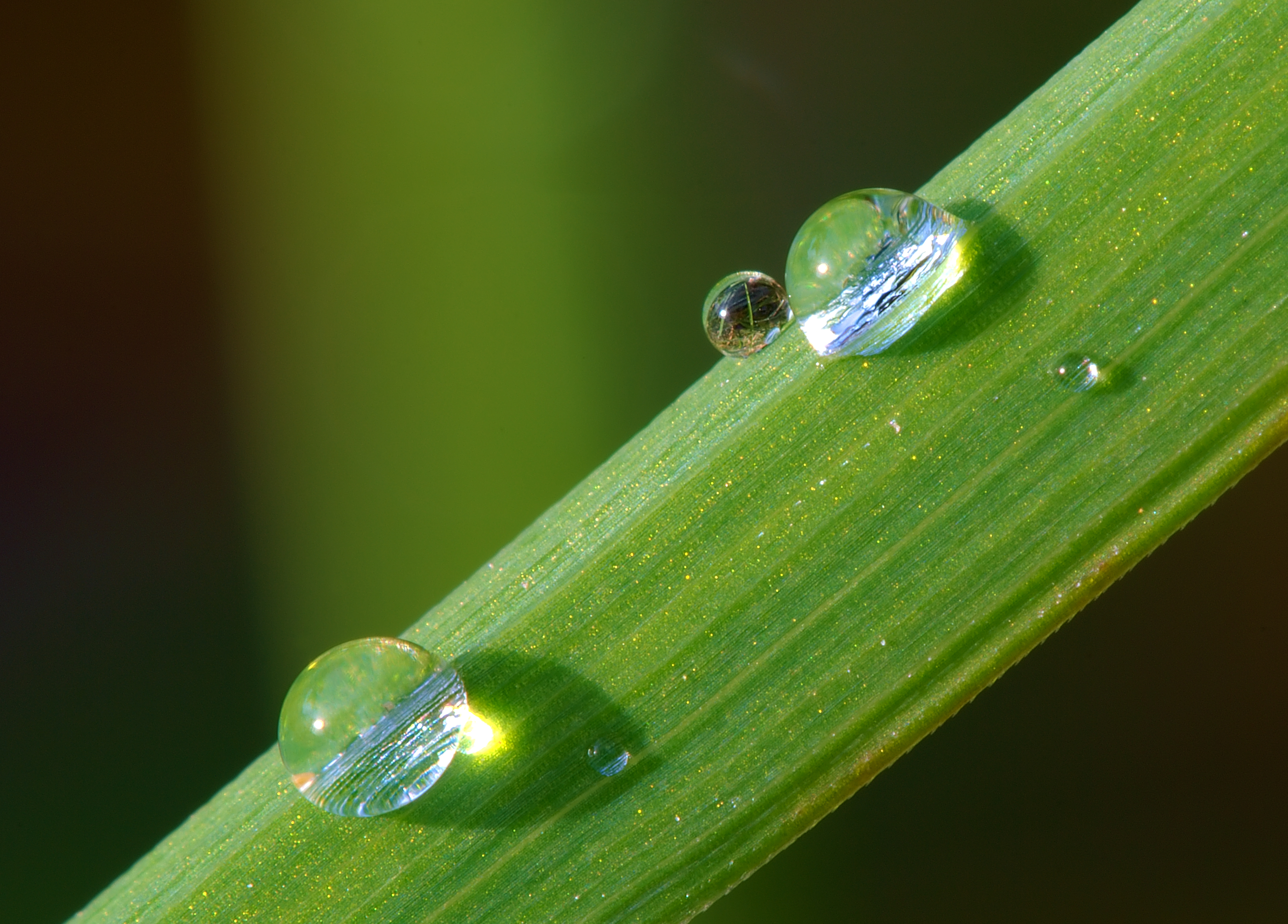Revised as of
1 July 2023
I hate to say it, but I see this word confusion way too often in the Goodreads threads. I am most impressed with myself that I actually restrain myself from correcting them. Well, you have no idea how difficult it is for me to not edit this sort of thing . . . just ask my family! It took years before I stopped sending their letters back with corrections! Yes, I’m a pain, I freely admit it.
Meanwhile, do restrain yourselves from mixing these three heterographs up. It’ll do your reputation more good than may be due it, but if you do it, you’ll do well. And you’ll avoid the dew-laden cheeks of your sobbing readers.
Exploring Later . . .
You may also want to explore “Does vs Doughs vs Doz“, “Do versus Make“, or “ Dos, Do’s versus Dues“.
Word Confusions . . .
. . . started as my way of dealing with a professional frustration with properly spelled words that were out of context in manuscripts I was editing as well as books I was reviewing. It evolved into a sharing of information with y’all. I’m hoping you’ll share with us words that have been a bête noire for you from either end.
If you found this post on “Dew vs Do vs Due” interesting, consider subscribing to KD Did It, if you’d like to track this post for future updates.
| Dew | Do | Due |
|---|---|---|

Dew on Grass by Luc Viatour is under the GFDL license, via Wikimedia Commons. |

We Can Do It! poster from 1943 by J. Howard Miller (1918–2004), an artist employed by Westinghouse, poster, was used by the War Production Co-ordinating Committee and is in the public domain, via Wikimedia Commons. |

Mister, Your Room Rent’s Due was written by Burt Grant and composed by Elmer Bowman is in the public domain and courtesy of the New York Public Library, via Picryl. |
| Part of Grammar: | ||
| Abbreviation 1; Noun 1, 2; Verb, transitive 2
Plural for the noun: dews Third person present verb: dews |
Abbreviation 1; Noun 1, 2; Verb 1, auxiliary, intransitive, & transitive Plural for the noun: dos or do’s Third person present verb: does |
Adjective; Adverb; Noun
Plural for noun: dues |
| Abbreviation: Distant Early Warning 1 Noun: Tiny drops of water that form on cool surfaces at night, when atmospheric vapor condenses 2 Something like or suggestive of this, especially in freshness
Small drops of moisture, such as tears or sweat [Botany] Droplets of water produced by a plant in transpiration [Informal] Scotch whisky
Verb, transitive: [Poetic] To moisten with or as with dew |
Abbreviation: Defense order 1 Ditto Double occupancy [All caps] Doctor of optometry [All caps] Doctor of osteopathic medicine [All caps] Doctor of osteopathy Noun:
[Informal, chiefly British] A party or other social event [British, archaic or informal] A swindle or hoax [Music; in solmization] First and eighth note of a major scale 2
Verb, auxiliary:
Used to refer to a verb already mentioned Used to give emphasis to a positive verb
Used with inversion of a subject and verb when an adverbial phrase begins a clause for emphasis [Slang; also doo] Excrement Verb, intransitive:
Act or behave in a specified way
Be suitable or acceptable Verb, transitive:
Act or behave in a specified way
Achieve or complete, in particular:
[Informal] Beat up
[Usually be done] Ruin Rob (a place)
[British; informal; usually be/get done for] Prosecute
Be suitable or acceptable |
Adjective: [Predic.] Expected at or planned for at a certain time
[Attrib.] Of the proper quality or extent
Adverb:
Noun:
[dues] An obligatory payment
|
| Examples: | ||
| Abbreviation: In Frances Jewel Dickson’s The DEW Line Years: Voices from the Coldest Cold War, she recounts memories from manning those Distant Early Warning posts during the Cold War years. “In December 1954, construction began on the Distant Early Warning (DEW) Line, an integrated chain of 63 radar and communication centres stretching 3000 miles from Western Alaska across the Canadian Arctic to Greenland” (Harris). In 1985, the North Warning System replaced the DEW Line. Noun: Her body had broken out in a fine dew of perspiration. She had a freshness to her, the dew of youth. Mountain dew was originally a nickname for moonshine. The soda, Mountain Dew, is produced by PepsiCo and was first invented in 1940 in the mountains of Tennessee. Verb, transitive: Her juices dewing on those luscious lips aroused Jared. A gentle rain fell, dewing her cheeks as if with tears. |
Abbreviation: The lieutenant just got the new DO for the unit. If one folds his arms, so does the other; if one crosses his legs, d.o. While the DO is good for two, a single person can rent it. A DO can diagnose and treat basic glaucoma. ODs get extra training in the musculoskeletal system. Noun: Are you coming to the soccer club Christmas do? Do you remember that huge do with Madoff? The seven syllables used in English-speaking countries are do, re, mi, fa, sol, la, and ti. Movable-do and fixed-do are two systems whereby a musician can learn to develop relative pitch and absolute pitch. The company’s in deep financial doo, so can be bought cheap. Verb, auxiliary: Did he see me? I do smoke. Do you really think it matters? You do write poetry! I never seem to say the right thing, do I? Don’t be silly. Do not forget. He looks better than he did before. You wanted to enjoy yourself, and you did. As the cops get smarter, so do the crooks. I do want to act on this. He did look tired. Do tell me! Do sit down. Only rarely did they succumb. Not only did the play close, the theater closed. Verb, intransitive: We’re done arguing. They are free to do as they please. You did well to bring her back. When a team is doing badly, it’s not easy for a new player to settle in. Mrs. Walters, how’re you doing? It takes them longer to do their hair than me. She’s the secretary and does the publicity. He’s doing bistro food. Many hotels don’t do single rooms at all. He decided to do her a favor. Joe was doing sums aloud. If a knife inserted into the center comes out clean, then your pie is done. What does she do? If he’s anything like you, he’ll do. Verb, transitive: She knew what she was doing. What can I do for you? Brian was making eyes at the girl, and had been doing so for most of the hearing. Dad always did the cooking on Sundays. The walk will do me good. The years of stagnation did a lot of harm to the younger generation. The Royal Shakespeare Company is doing Macbeth next month. He not only does Schwarzenegger and Groucho, he becomes them. He doesn’t smoke, drink, or do drugs. The barber said he’d do me next. One car I looked at had done 112,000 miles. I was speeding, doing seventy-five. Last time I did New York—Philadelphia round trip by train, it was over 80 bucks. Our best-selling album did about a million worldwide. The tourists are allotted only a day to “do” Verona. He did five years for manslaughter. The special formula continues to beautify your tan when the day is done. I would sell the place and have done with it. Steve was not done with her. This would be an easy place to do, and there was plenty of money lying around. In business you had to do your competitors before they did you. Once you falter, you’re done. He was the guy who did Maranzano. We got done for conspiracy to commit murder. A couple of bucks’ll do me. |
Adjective: The baby’s due in August. He is due back soon. Talks are due to adjourn tomorrow. The May installment was due. She was due for a raise. You’re more than due a vacation. He was only taking back what was due to him. You must pay any income tax due. Driving without due care and attention. Adverb: Noun: He had paid trade union dues for years. That project is due tomorrow. |
| Derivatives: | ||
| Adjective: dewfall, dewier, dewiest, dewless, undewed, dewy-eyed Adverb: dewily Noun: bedew, dewiness, dewdrop |
Adjective: do-it-yourself, do-nothing, do-or-die, doable Noun: do-gooder, do-it-yourselfer, do-nothing, do-over, doing |
|
| Phrasal Verb | ||
| do away with do by do someone down do something down do for do something for do nothing for do someone in do someone out of do something out do someone over do something over do someone up do something up do with do without |
||
| History of the Word: | ||
|
|
From Middle English in the sense of payable and is itself from the Old French deu meaning owed, which is based on the Latin debitus meaning owed from debere meaning owe. |
| NOTE: Traditional grammarians oppose the prepositional use of the phrase due to (first appeared in print in 1897), but the phrase is so widespread that it is considered standard English. However, it is still recommended that due to the fact be replaced with because as it is less wordy. | ||
C’mon, get it out of your system, bitch, whine, moan . . . which words are your pet peeves? Also, please note that I try to be as accurate as I can, but mistakes happen or I miss something. Email me if you find errors, so I can fix them . . . and we’ll all benefit!
Satisfy your curiosity about other Word Confusions on its homepage or more generally explore the index of self-editing posts. You may also want to explore Book Layout & Formatting Ideas, Formatting Tips, Grammar Explanations, Linguistics, Publishing Tips, the Properly Punctuated, Writing Ideas and Resources, and Working Your Website.
Resources for Dew vs Do vs Due
Apple Dictionary.com
Dictionary.com: dew
Harris, Lynden T. The DEW Line Chronicles. <http://www.lswilson.ca/ dewhist-a.htm>.
Pinterest Photo Credits
A Boy With Incredibly Long Hair Growing From His Head and Hands by Hippolyte-Guillaume-Sulpice is under the CC BY 2.0 license while Dew on Spider Web by Luc Viatour is under the CC-BY-SA-3.0 licenses; both are via Wikimedia Commons.


